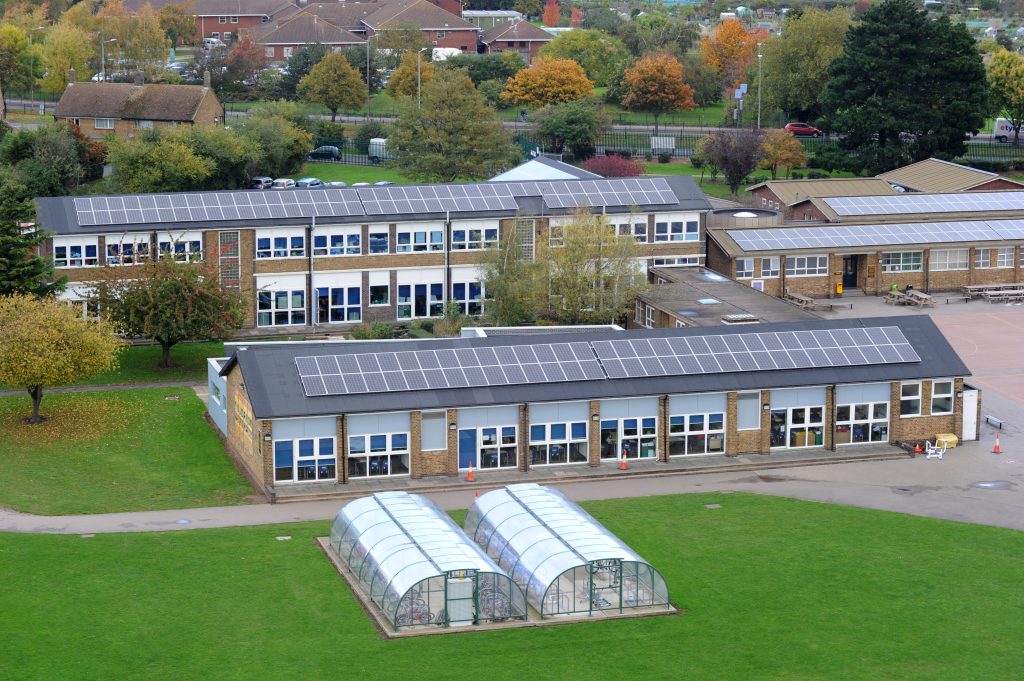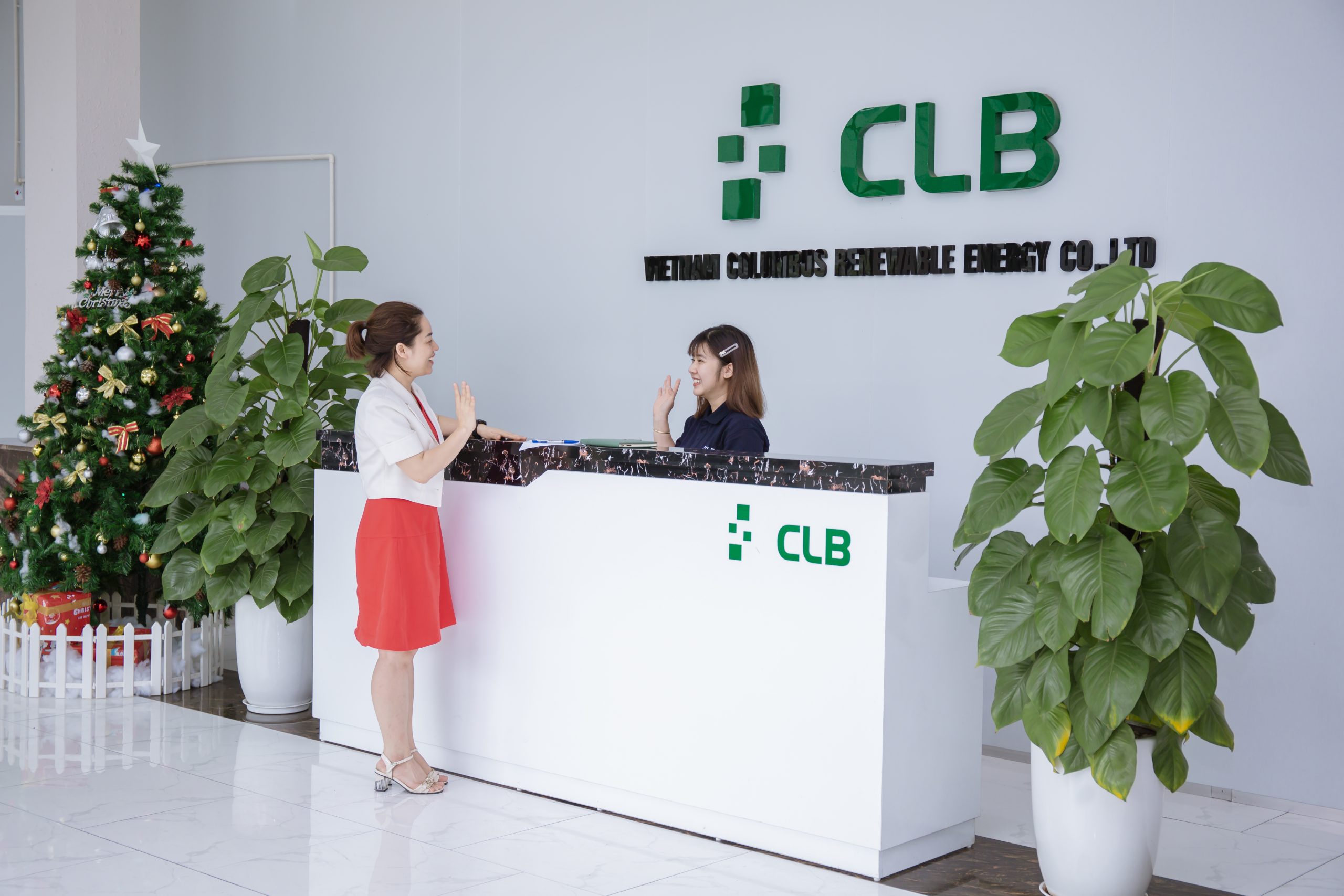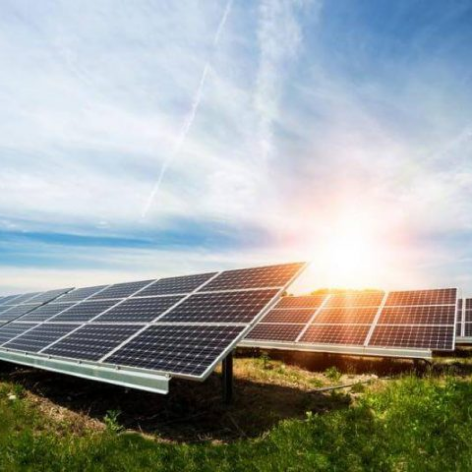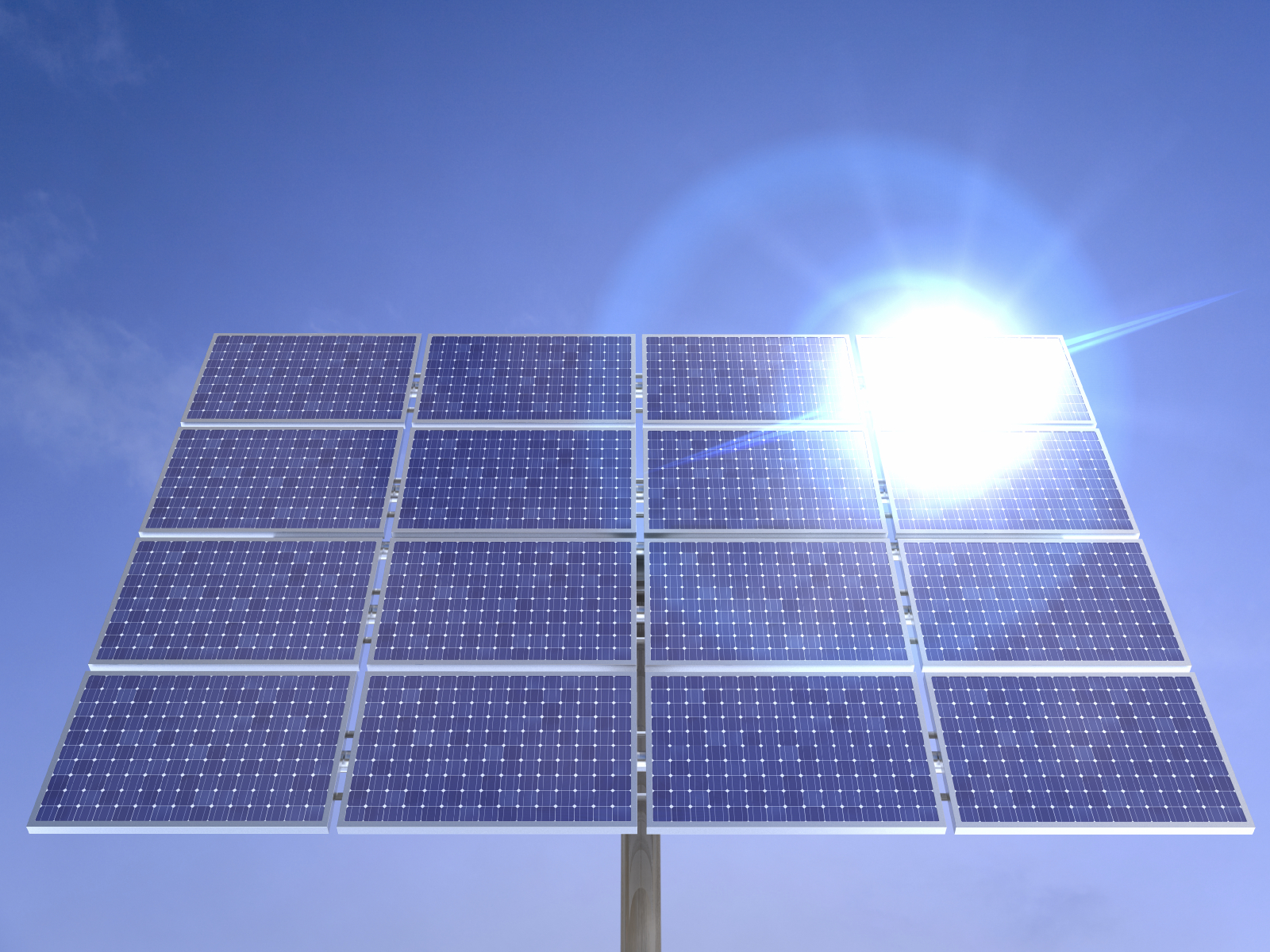The Ultimate Guide to Solar Panels: Advantages, Disadvantages, Types, Installation, Maintenance, Cost, and Market Trends
16.12.23
vietnamcolumbus
Discover the benefits and drawbacks of solar panels, how they work, the different types available, installation and maintenance tips, market trends and prospects, and cost-return analysis.
Learn how to choose the right solar panel for your needs and compare it with other renewable energy sources.
Keywords: solar panels, advantages, disadvantages, working principles, types, installation, maintenance, cost, market trends, renewable energy, sustainable development

Article:
Are you considering switching to solar energy? Solar panels are a sustainable and eco-friendly energy source that can provide power for your home or business. But before making the investment, it’s important to understand the advantages and disadvantages, working principles, types, installation and maintenance, cost and market trends, and how to choose the right solar panel for your needs.
## Advantages and Disadvantages of Solar Panels
Solar panels have numerous benefits, such as being environmentally friendly, renewable, economical, and widely applicable. However, they also have drawbacks, such as being affected by climate and location, requiring a large space, and having a high initial investment and storage problem. By understanding these pros and cons, you can make a more informed decision.
## Working Principles and Technical Details of Solar Panels
Solar panels work by converting sunlight into electricity through the photovoltaic effect. They are mainly composed of solar cells made of semiconductor materials such as silicon. There are different types of solar panels, such as monocrystalline silicon, polycrystalline silicon, and thin-film solar panels, each with their own advantages and disadvantages.
## Types and Applicable Scenarios of Solar Panels
Choosing the right type of solar panel depends on your specific needs and requirements. Monocrystalline silicon panels are suitable for high-efficiency needs and limited space scenarios, while polycrystalline silicon panels are better for cost-sensitive and spacious scenarios. Thin-film solar panels are ideal for special applications such as wearable devices and curved surfaces.
## Installation and Maintenance of Solar Panels
Proper installation and maintenance are key to ensuring the long-term performance and efficiency of your solar panels. Factors such as site selection, installation angle, and system configuration should be considered during installation. Regular cleaning, inspection, and maintenance are also essential to prevent efficiency losses and potential problems.

## Market Trends and Prospects of Solar Panels
The global solar panel market is expected to continue growing in the coming years, with the Asia-Pacific region leading the way. Advancements in technology and increasing demand for sustainable energy are driving down costs and expanding the application scope of solar panels.
## Cost and Return on Investment of Solar Panels
While solar panels require a high initial investment, they can provide a significant return on investment in the long run. The cost of solar panels includes factors such as initial investment, system configuration, and maintenance, while return on investment includes electricity sales income and savings on electricity bills. The payback period for solar panels generally ranges from 5 to 10 years.
## How to Choose the Right Solar Panel
When choosing a solar panel, factors such as conversion efficiency, cost, applicable scenarios, brand and quality, and environmental impact should be considered. By taking these factors into account, you can choose the solar panel that best meets your needs and aligns with your values.
## Comparison with Other Renewable Energy Sources
Solar energy is just one of many renewable energy sources available, such as wind, hydropower, and biomass. While each has its own advantages and disadvantages, solar energy offers easy installation, low noise, and no pollution. Understanding the differences between these energy sources can help you make a more informed decision.
## Historical and Developmental Trends of Solar Panels
Solar energy has a long history of development, and technological advancements continue to improve efficiency and reduce costs. Ongoing research and development of new materials and technologies for solar panels are expanding their application scope and market prospects.
By understanding the advantages and disadvantages, types, installation, maintenance, cost, and market trends of solar panels, you can make an informed decision about whether they are right for you. With the demand for sustainable energy on the rise, solar panels are becoming an increasingly popular choice for homes and businesses alike.
Source: Lily Wong from Linkedin.
Featured news
Contact Info
Please fill in the information below to receive complete solar energy construction consultation.







